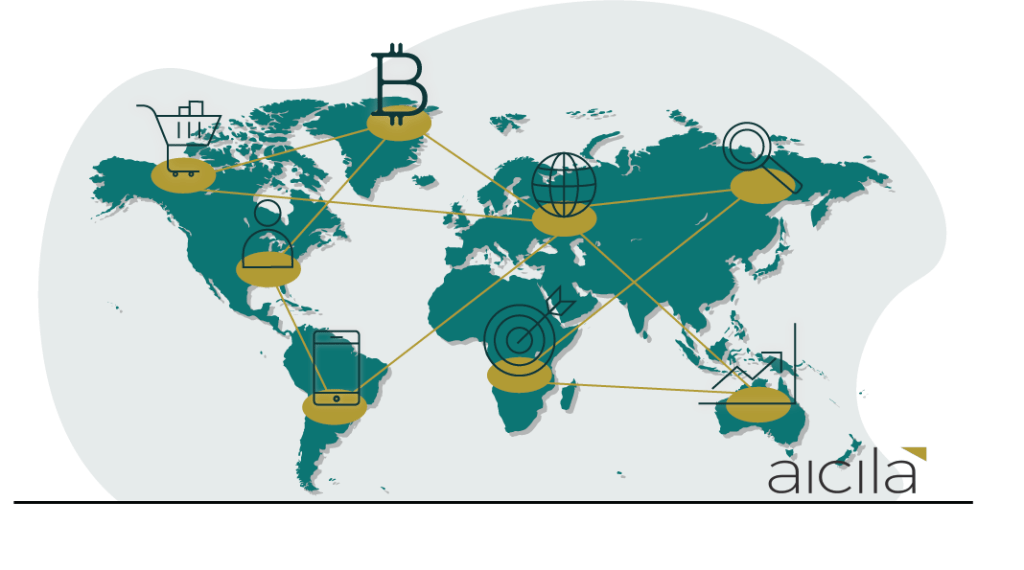Supply Chain Management during Ramadan: A Strategic Project for Global Markets

The month of Ramadan, observed by millions worldwide, presents a unique challenge for supply chain managers operating in diverse markets. This sacred tradition has a profound impact on the food industry, requiring meticulous project management skills to navigate the culinary landscape during this period.
1. Project Kick-off: Culinary Traditions and Festive Atmosphere
As Ramadan commences, the supply chain project kicks off with a focus on understanding and respecting diverse culinary traditions. Suhoor, the pre-dawn meal, demands a strategic approach to sourcing and distributing nutritious ingredients. Iftar, the evening breaking of the fast, introduces a grand culinary affair with a variety of dishes reflecting cultural and regional nuances.
2. Demand Forecasting and Surge in Consumption:
Supply chain managers must conduct meticulous demand forecasting to anticipate the surge in food consumption during Ramadan. Staple ingredients, dates, fruits, and specialized Ramadan-themed products witness increased demand. This phase requires a proactive approach to ensure seamless supply chains, from groceries and markets to street vendors and high-end restaurants.
3. Charitable Initiatives and Community Support:
Ramadan emphasizes increased charitable giving and communal support. Supply chain managers play a pivotal role in coordinating with food businesses participating in charitable initiatives, ensuring a smooth flow of resources. This strategic element fosters a sense of community and togetherness, aligning with the overarching project goals.
4. Menu Innovation and Promotions:
Adapting to the Ramadan season involves introducing innovative menus and promotions. Supply chain managers collaborate with restaurants and cafes to streamline the supply of ingredients for iftar packages, featuring a blend of traditional and contemporary dishes. This not only caters to specific dietary needs but also introduces an exciting element for patrons seeking diverse culinary experiences.
5. Project Challenges and Adaptive Strategies:
Ramadan, while offering lucrative opportunities, presents challenges for supply chain managers. Managing increased demand, ensuring a smooth iftar experience, and addressing unique customer preferences demand careful planning. Adaptive strategies, such as extending operating hours or temporary closures during fasting hours, become crucial elements of successful project management.
6. Cultural Diversity Integration:
Countries observing Ramadan showcase the rich tapestry of their culinary heritage. Supply chain managers integrate cultural diversity into the project, understanding and respecting each region’s unique touch to iftar meals. This not only reflects appreciation for local cuisines but also fosters cultural understanding within the supply chain operations.
In countries observing Ramadan, the impact on the food industry is a complex project deeply rooted in cultural and communal traditions. Supply chain managers navigate this period with precision, turning it into a strategic project that nourishes both the body and the spirit. As Ramadan approaches each year, the global supply chain anticipates the challenges and opportunities, showcasing the profound influence of this sacred month on the strategic dynamics of the food industry.
#RamadanSupplyChain #StrategicManagement #CulinaryDiplomacy

